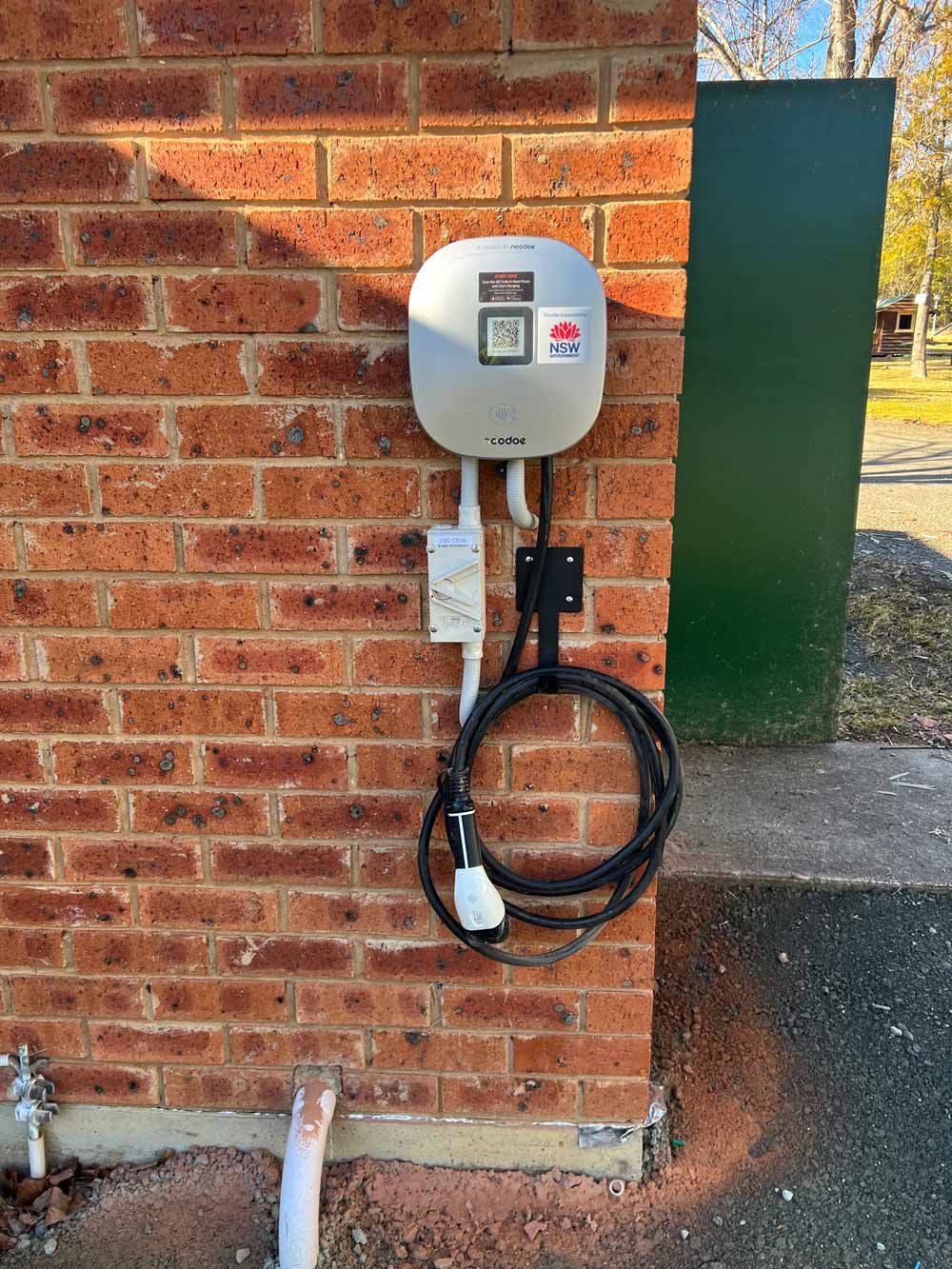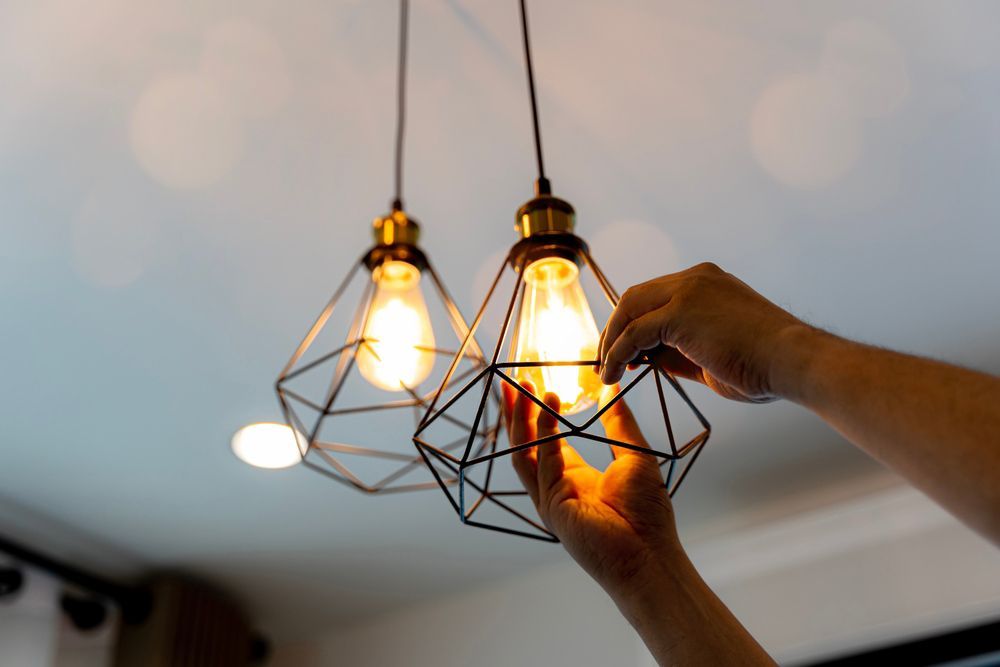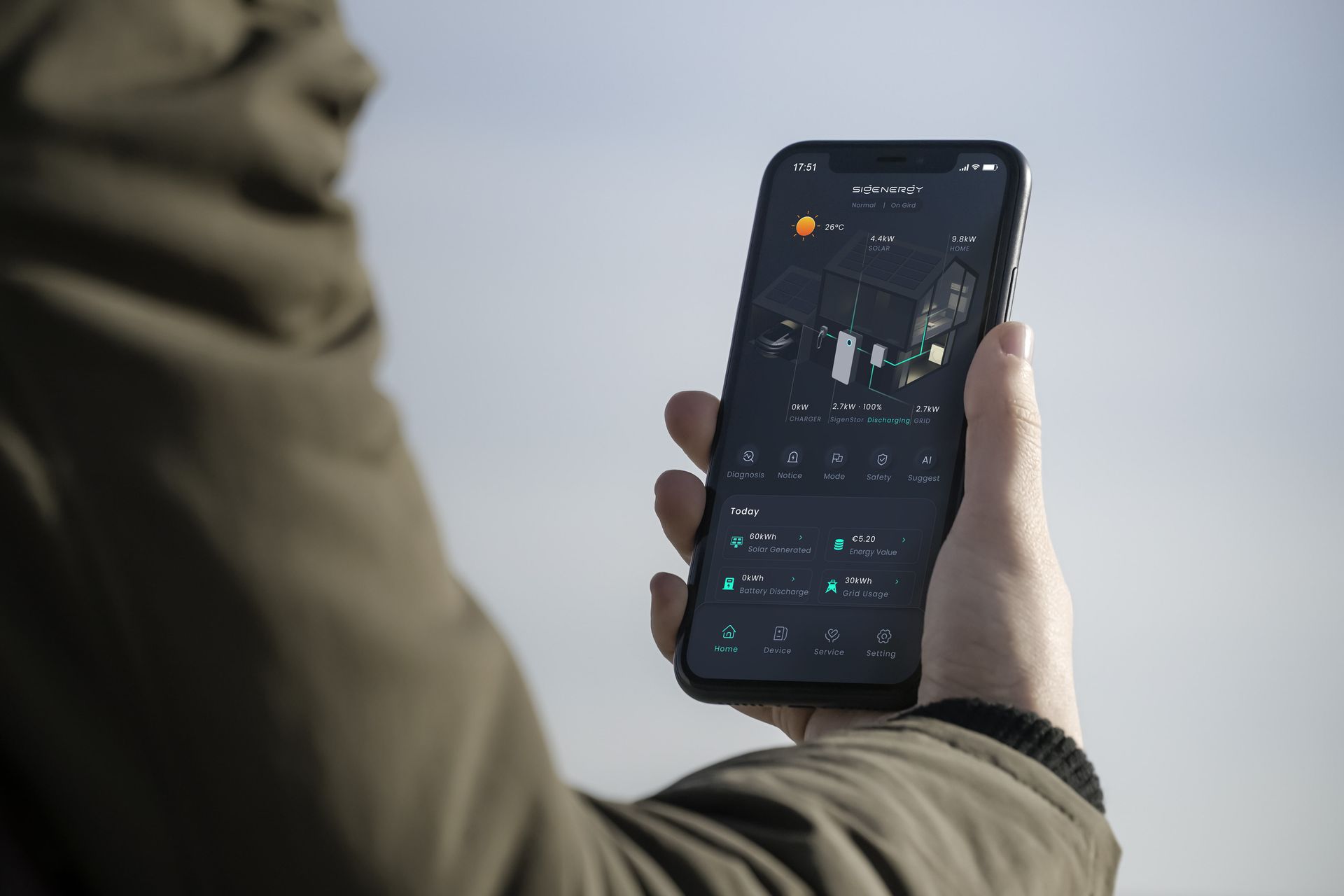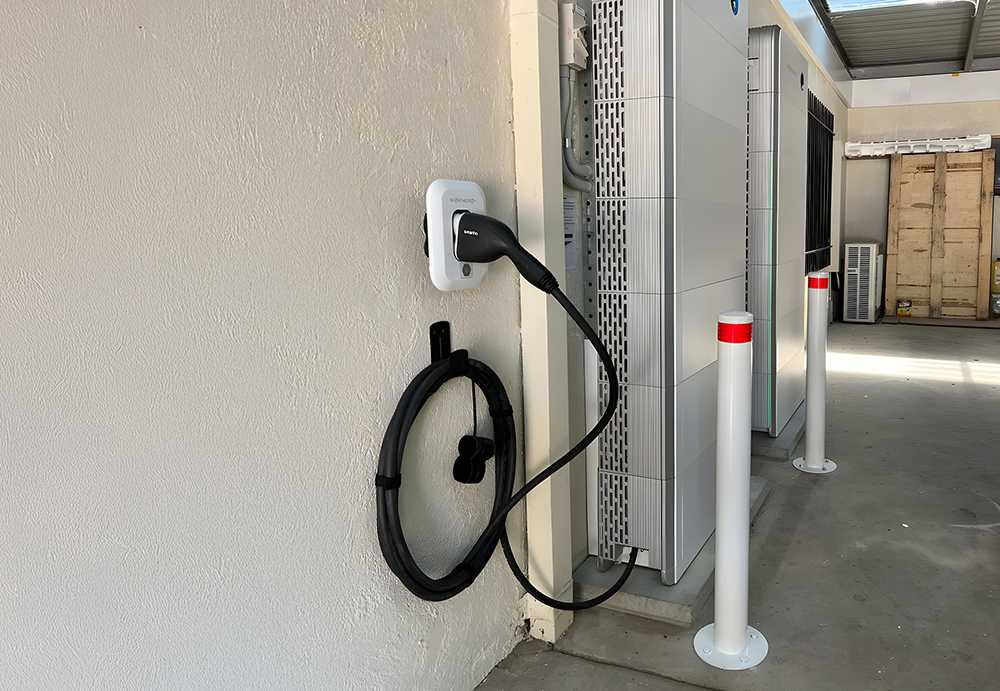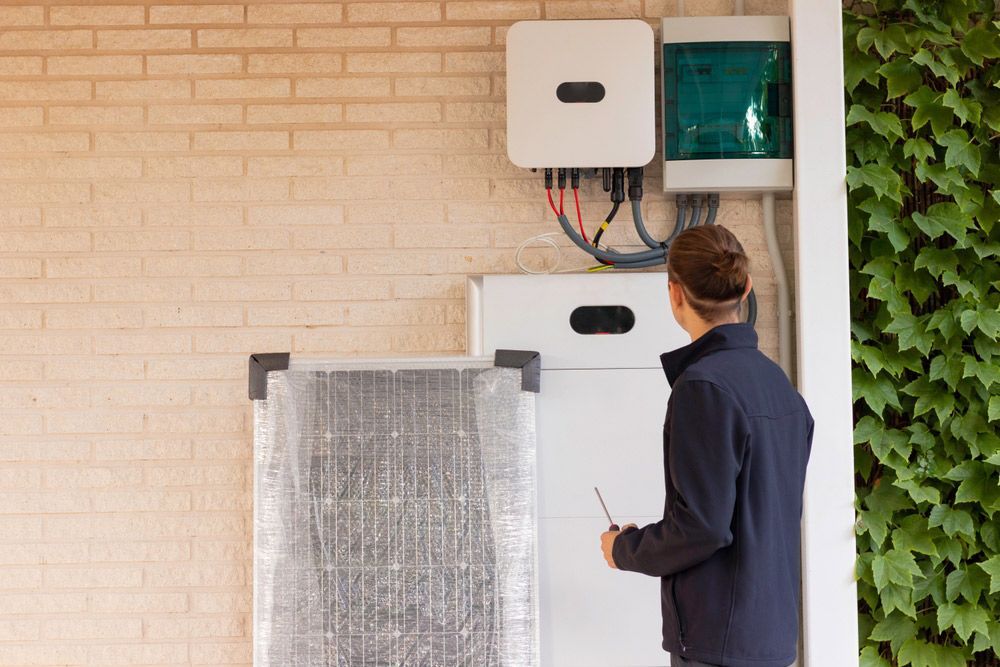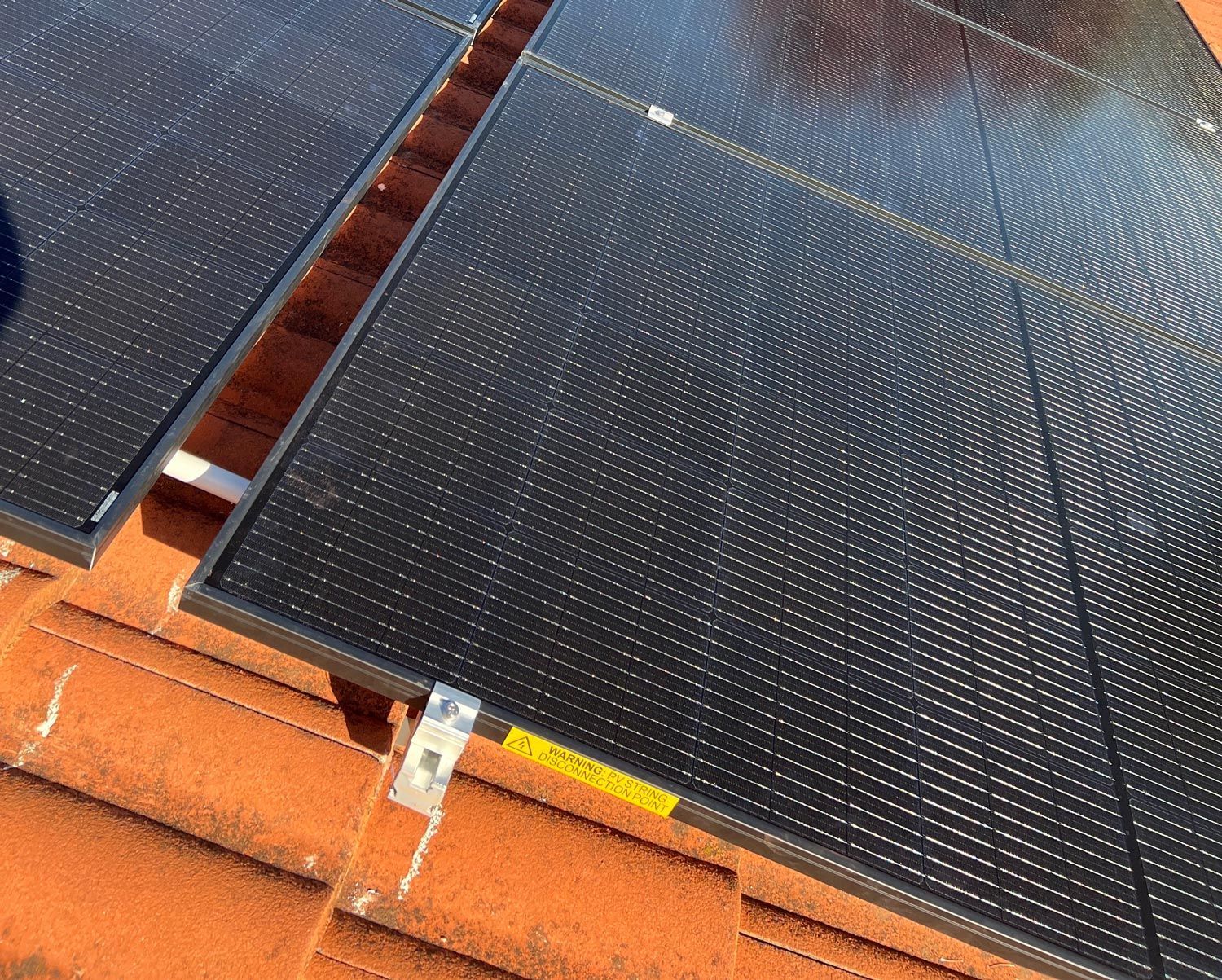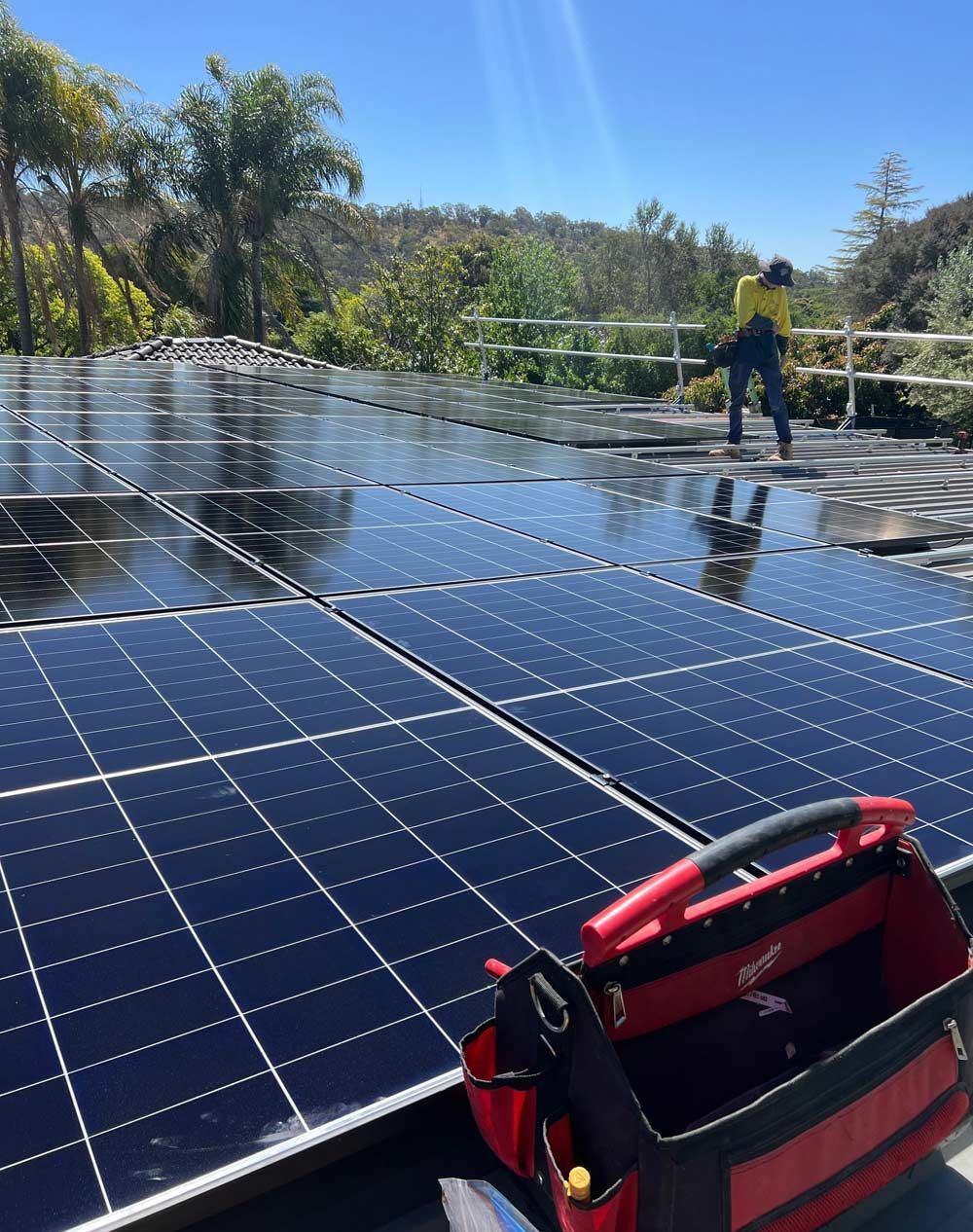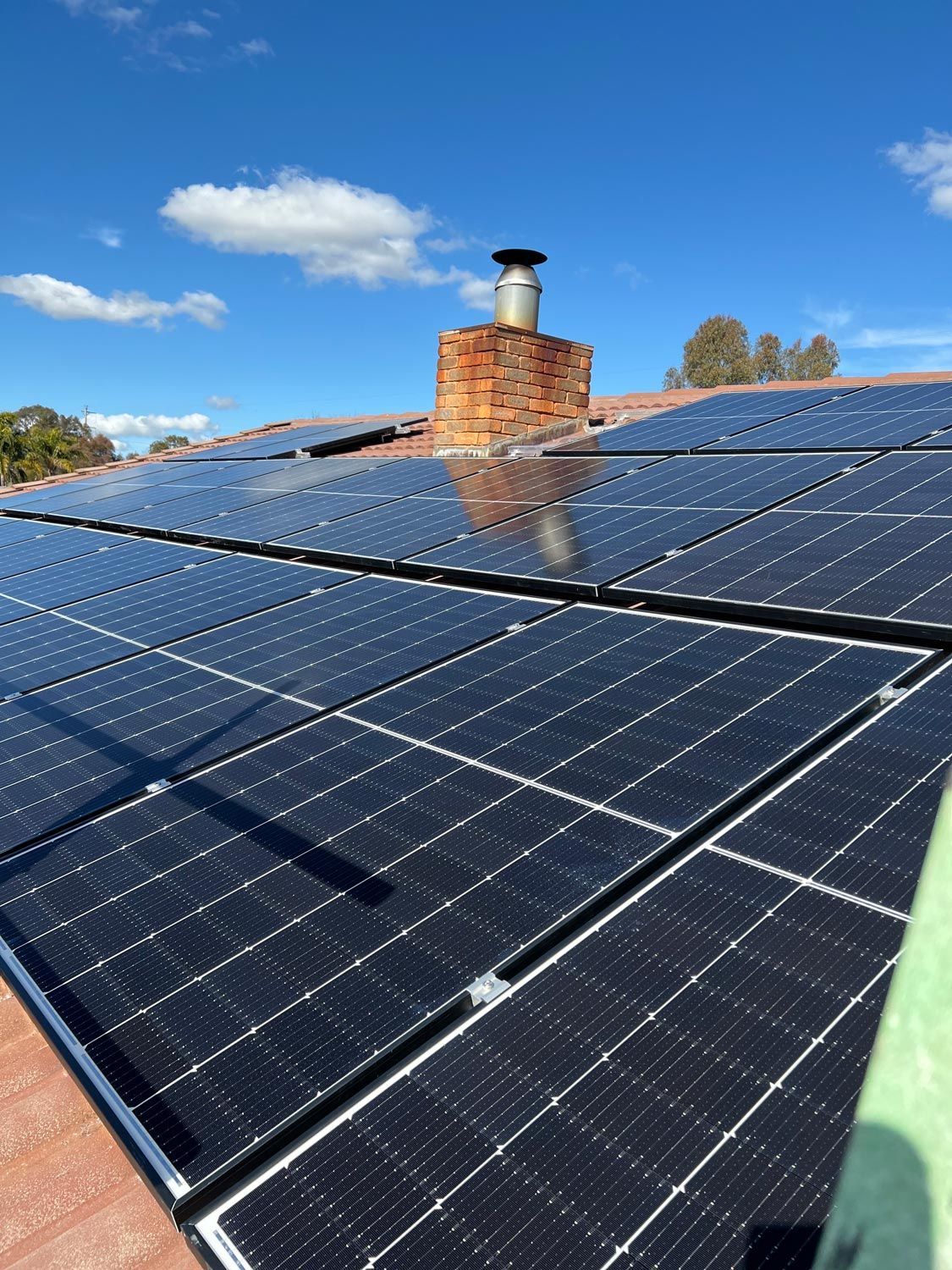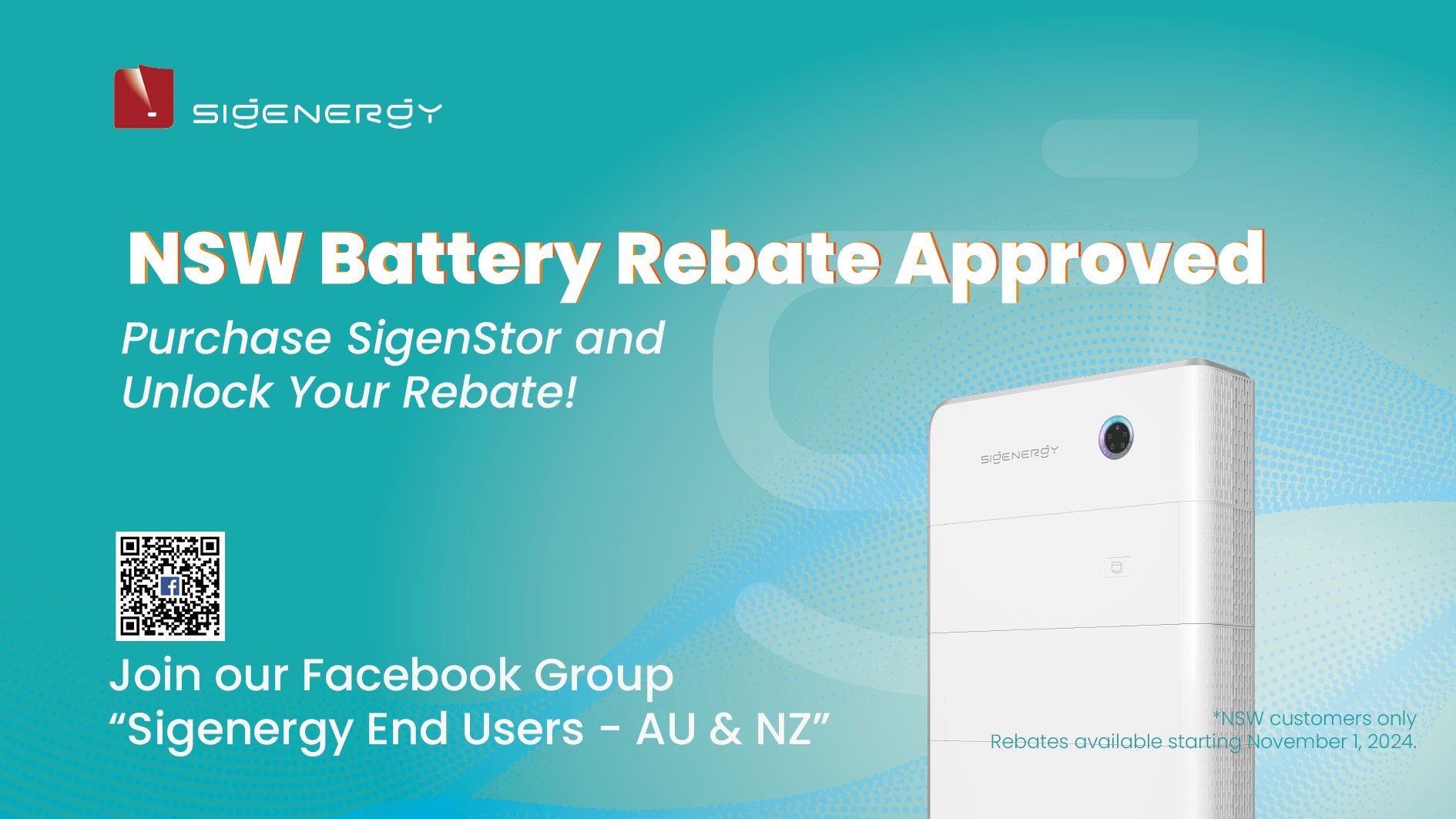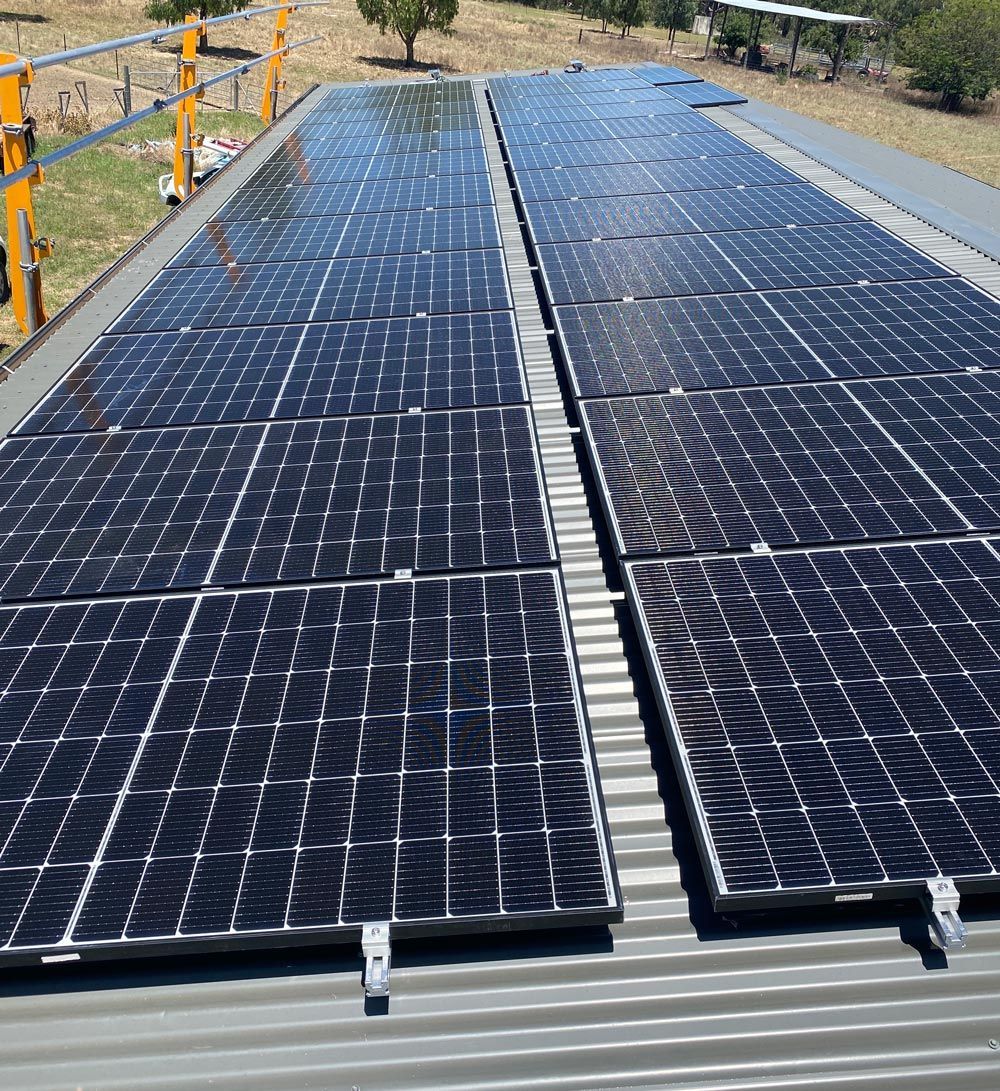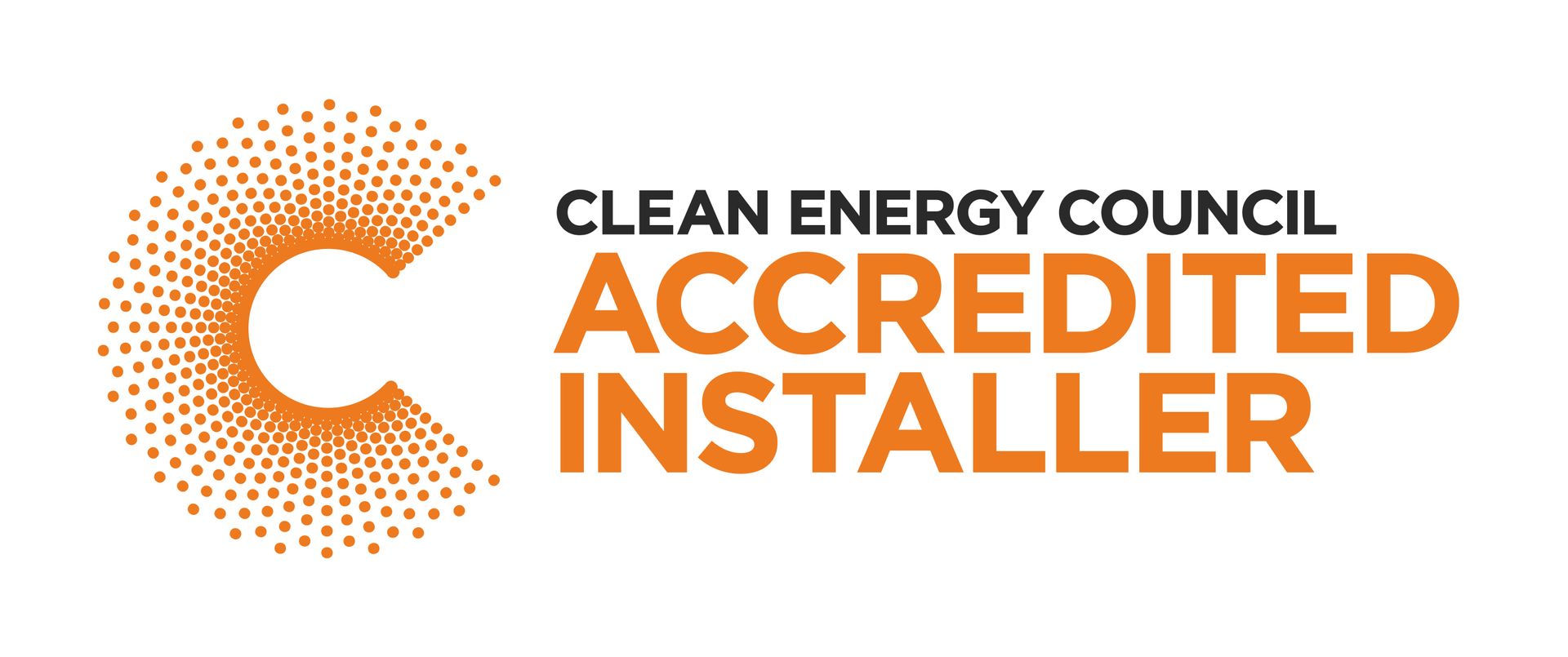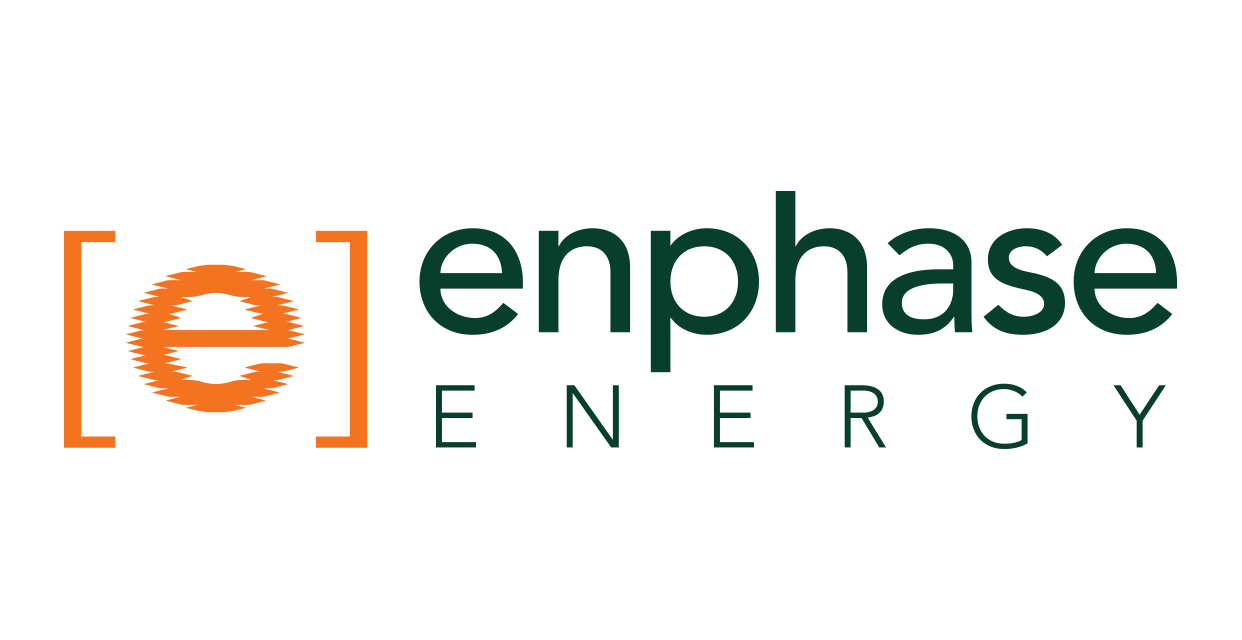6 Safety Tips For Home EV Charging
Electric vehicles (EVs) have become popular for homeowners looking to embrace sustainable and cost-effective transportation. With this shift, having a reliable home charging station is not just a convenience but a necessity. However, like any electrical system, EV chargers require careful installation and regular maintenance to ensure they are safe and efficient. This blog outlines essential safety tips for using and maintaining your home EV charger, helping you enjoy worry-free charging every time. From installation to emergency preparedness, we’ll cover everything you need to know to optimise your charging setup.
1. Choose a Certified Electrician for EV Charger Installation
Hiring a certified electrician for installation is one of the most important steps in setting up a home EV charging station. Improperly installed chargers can cause electrical hazards such as short circuits, fires, or power overloads.
Benefits of hiring a certified electrician:
- Safety first: Professional electricians ensure the charger is installed according to local electrical codes and standards, minimising risks.
- Tailored solutions: They can recommend the best charger placement and power requirements based on your home’s setup.
- Long-term reliability: A professional installation ensures the charger operates efficiently without frequent breakdowns.
In Wagga Wagga, experienced electricians are well-versed in EV charger installations, offering solutions prioritising safety and efficiency. This ensures your charging system is set up correctly, giving you peace of mind.
2. Use the Right Equipment for Charging
Using manufacturer-recommended charging equipment is essential for the safety and longevity of your EV and charger. Non-approved chargers or accessories can lead to malfunctions, overloading, or even damage to your vehicle.
Key considerations when choosing equipment:
- Compatibility with your EV’s make and model.
- Compliance with safety standards such as UL or IEC certifications.
- Durable, weather-resistant materials for outdoor chargers.
Investing in high-quality equipment ensures efficient charging and reduces the likelihood of costly repairs or replacements. Before purchasing any accessory, double-check its specifications against your EV manufacturer’s recommendations.
3. Ensure Proper Ventilation Around the Charging Station
EV chargers generate heat during use, which can become a safety concern if not properly managed. A well-ventilated charging area helps dissipate heat, reducing the risk of overheating or fire hazards.
Tips for creating a ventilated charging environment:
- Install the charger in an open area, like a garage with good airflow or a shaded outdoor space.
- Avoid placing chargers near flammable materials or enclosed spaces.
- Regularly clear the area around the charger to prevent obstructions.
Proper ventilation is even more critical for those in regions like Wagga Wagga with hot climates. Discussing location and ventilation options with your electrician optimises the setup for safety.
4. Regularly Inspect the Charging Equipment
Over time, wear and tear on charging equipment can compromise safety. Periodic inspections help identify potential problems before they escalate.
What to check during inspections:
- Frayed or damaged cables and connectors.
- Signs of overheating, such as discolouration or melting.
- Loose or damaged connections at the charging station.
If you notice any issues, discontinue use immediately and consult a professional electrician for repairs. Maintaining your equipment not only enhances safety but also ensures consistent charging performance.
5. Monitor & Manage Charging Practices
Efficient energy management is key to safe home EV charging. Overloading your home’s electrical system can lead to tripped breakers or more severe issues.
How to manage energy usage effectively:
- Charge during off-peak hours to reduce strain on the grid and lower energy costs.
- Coordinate charging with solar energy systems, which are becoming popular in Wagga Wagga.
- Adjust charger settings to optimise charging speed without exceeding your home’s electrical capacity.
Smart chargers often include features like timers or energy monitoring, making it easier to balance safety and efficiency. Incorporating solar energy into your charging routine further enhances sustainability while maintaining safe operations.
6. Be Prepared for Emergencies
Even with proper precautions, electrical faults or emergencies can occur. A plan ensures you’re ready to act quickly and minimise risks.
Essential emergency preparations:
- Familiarise yourself with the charger’s shut-off mechanism.
- Install smoke detectors near the charging station.
- Keep a fire extinguisher rated for electrical fires nearby.
- Know your electrician’s contact information for urgent assistance.
These steps can significantly reduce the impact of unexpected incidents, giving you confidence in your home charging setup.
Ensure Safe & Reliable EV Charging in Wagga Wagga with Us
Home EV chargers are a valuable investment that provides convenience and efficiency but also require responsible use. Safety should always be the top priority, from professional installation to regular maintenance and emergency preparedness. By following these safety tips, you can enjoy all the benefits of EV charging without unnecessary risks.
For expert EV charger installation and maintenance in Wagga Wagga, look no further than Des Mullins Electrical & Solar. Our team is here to help you set up a safe, efficient, and sustainable charging system. If you want to switch to EV or solar in Wagga Wagga, contact us today!

